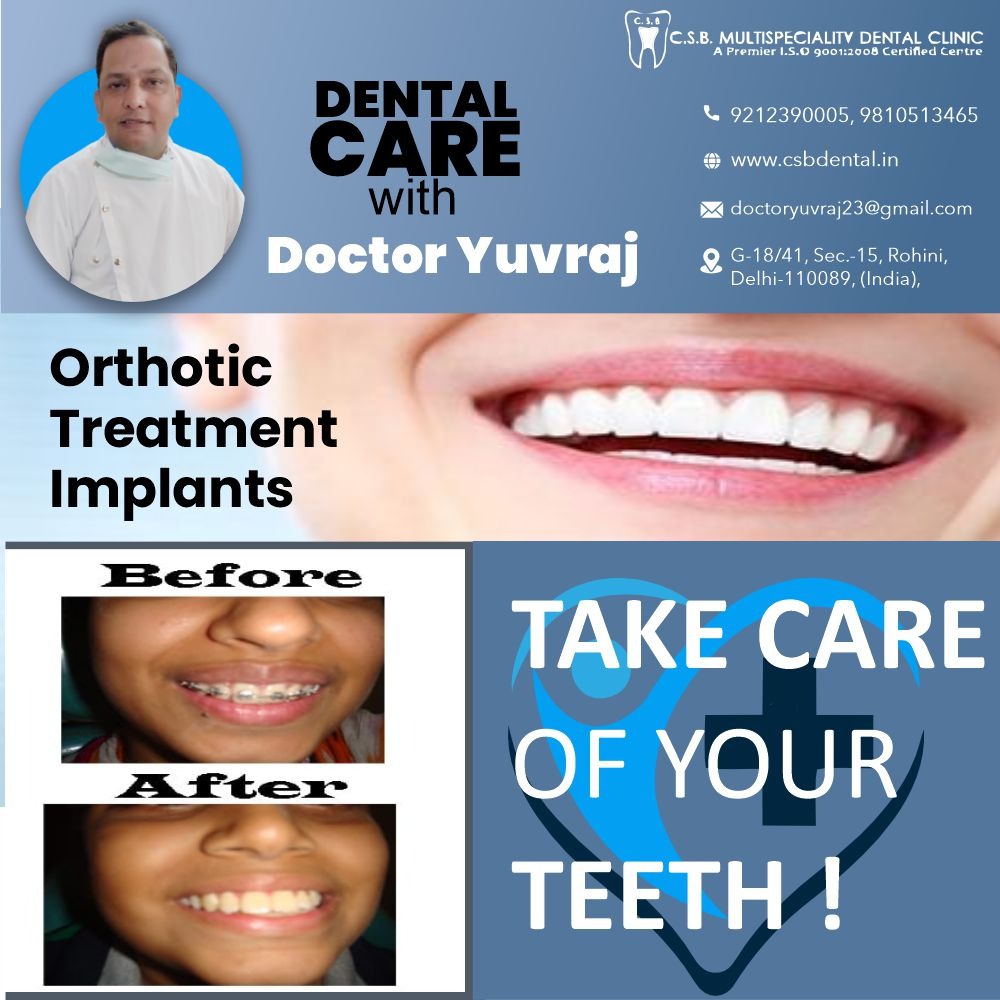Treatment of Pyorrhea
Periodontal disease or pyorrhea is curable but there is a point of no return you should be aware of with this disease. You might not be able to save some or all of your teeth if your pyorrhea is particularly bad, despite it being curable or reversible.
Long story short, you should brush and floss daily as well as gargle with mouthwash in order to keep bacterial populations low and your pyorrhea risk even lower. Here are important things to remember:
-
Brushing -
You should brush twice a day or even three times a day to avoid developing pyorrhea or any other kind of oral disease. You should also brush properly and don’t scrape too hard with your brush. Move the brush in a circular pattern and do it thoroughly but gently instead of roughly and shoddily. Brush at least 2-3 minutes daily and don’t forget to regularly change your toothbrush as well every 3-4 months.
-
Flossing -
Kids nowadays know flossing as a dance but these Millennials and Gen Z children should also be aware of how to properly floss in the dental sense. Many simply slip the floss between the teeth then pull it out in mere seconds, thinking they’re done. What they’re supposed to do is use a piece of floss on each individual tooth and then scrape not only the stuck bits of food but also the plaque on the tooth surface until all the teeth have been properly flossed.
-
Mouthwash -
Mouthwash is at least a bit more self-explanatory than flossing or brushing. Just gargle with the mouthwash and then spit it out, right? In certain situations, like when you have a bacterial infection or swelling infected gums, you might need to let that mouthwash stay in your mouth for at least 30 seconds before spitting it out. Ideally, you should use antiseptic mouthwash and use it after brushing and flossing. It also helps get rid of bad breath.
-
Home-Made Remedies -
You can also make use of home-made remedies to help fight or prevent pyorrhea. For example, you can chew an onion in order to kill germs that assist in periodontitis development. Onion also helps treat the bleeding gums symptom of both gingivitis and periodontal disease. You even have the option to eat fruits enriched with Vitamin C such as lemon and guava. Lemon prevents gum inflammation as well.
-
Dentist Visit -
You should regularly visit your dentist. This is important because he’s the one who’ll keep tabs on the healthiness of your gums. He can also do thorough cleaning of your teeth and gums that are even more effective than everyday brushing and flossing known as prophylaxis for at least every 6 months. Your dentist knows best and can provide the right treatment for your issues.
-
Deep Cleaning -
If you’re a patient with advanced pyorrhea and deep periodontal pockets where there used to be gum tissue, bone, and ligaments, you should avail of this treatment. It’s a package deal to treat chronic gum disease using the services of scaling and root planning.


Leave A Message